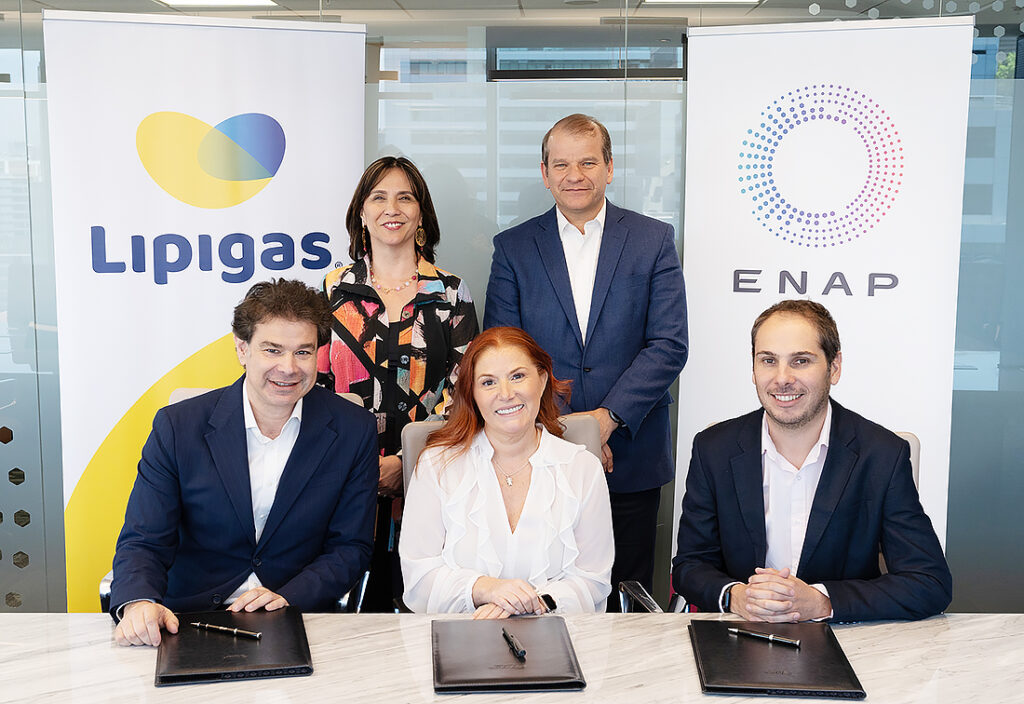Chile: Enap and Lipigas collaborate to produce renewable fuels
Enap and Lipigas have signed an agreement to jointly develop low-carbon intensity fuels in Chile, made from organic waste at the state-owned company’s refineries, and make them available to the domestic market. This alliance will enable the production, commercialisation, and distribution of new renewable Liquid Gas, among other fuels.
For Enap, this is “a significant milestone” for the development and scaling up of low-carbon fuels in Chile, a key element for reducing emissions in the industrial and transportation sectors, as well as in Chilean households, in a straightforward way, advancing the country's decarbonisation goals.
The company already has its first batch of renewable diesel. Last July, the company conducted a test at its Aconcagua Refinery, processing more than 350,000 litres of used cooking oil (UCO) into renewable diesel. Meanwhile, the first molecules of renewable Liquid Gas are expected to be available by the first quarter of 2025.
Enap’s Board Chairwoman, Gloria Maldonado, highlighted the importance of this agreement for the company: "The production of low-carbon fuels is an essential part of our Enap Strategic Plan 2040, which aims to position us as a key player in Chile's energy transition, providing fuels with a lower environmental impact."
The new fuels differ from traditional diesel and LPG in their biological origin, but they are chemically identical to their fossil counterparts, meaning they can be used in the same appliances and infrastructure that exist today.
In this regard, Lipigas’ Biofuels Manager, Esteban Rodríguez, commented: "This alliance allows us to continue adding alternatives to move towards a renewable product offering for various types of customers, using the same infrastructure currently in place in the country. Therefore, what we are developing at Lipigas with various stakeholders, and now with Enap in Chile, are more sustainable energy solutions that can be implemented in the short and medium term thanks to collaboration and our common goal of contributing to decarbonisation."
Source: Enap
Photo: Enap
January 2025
